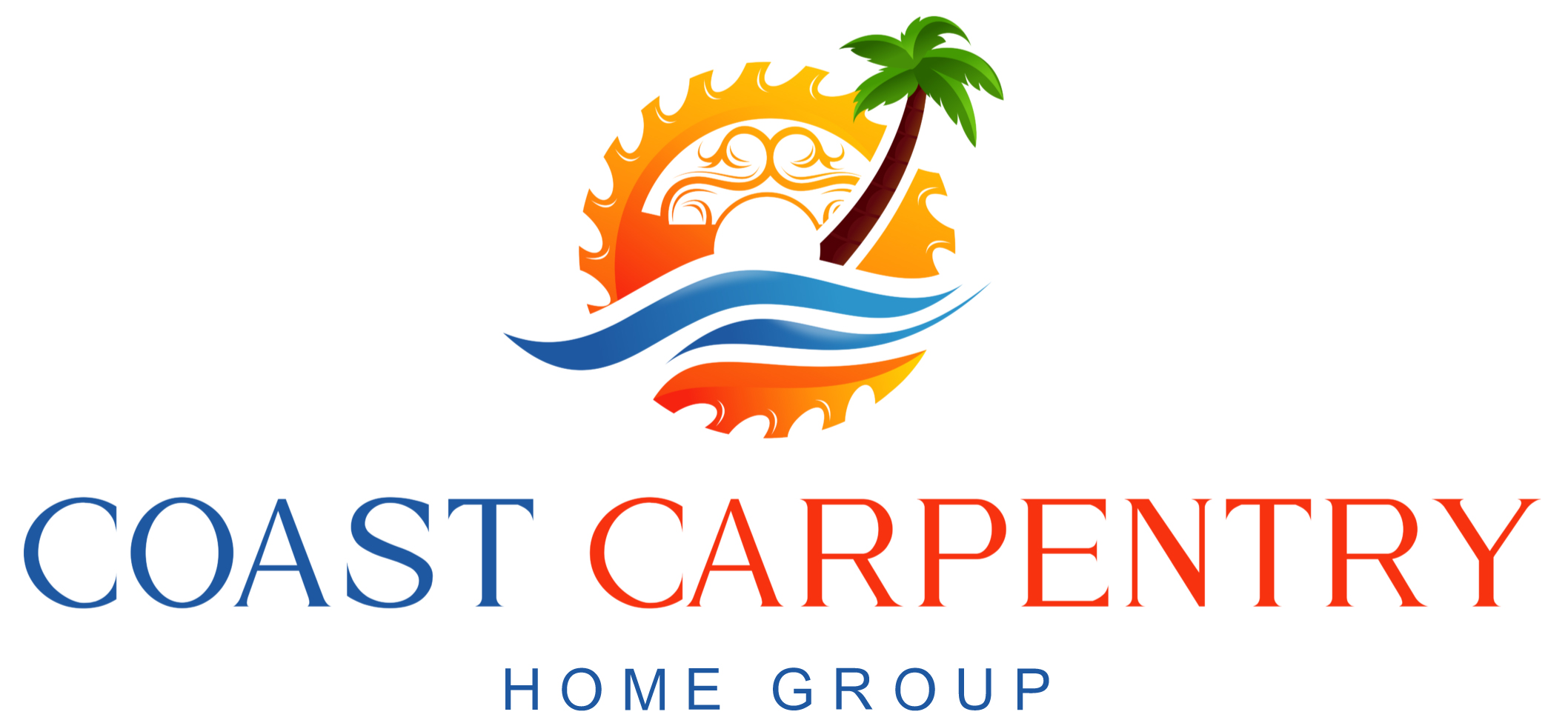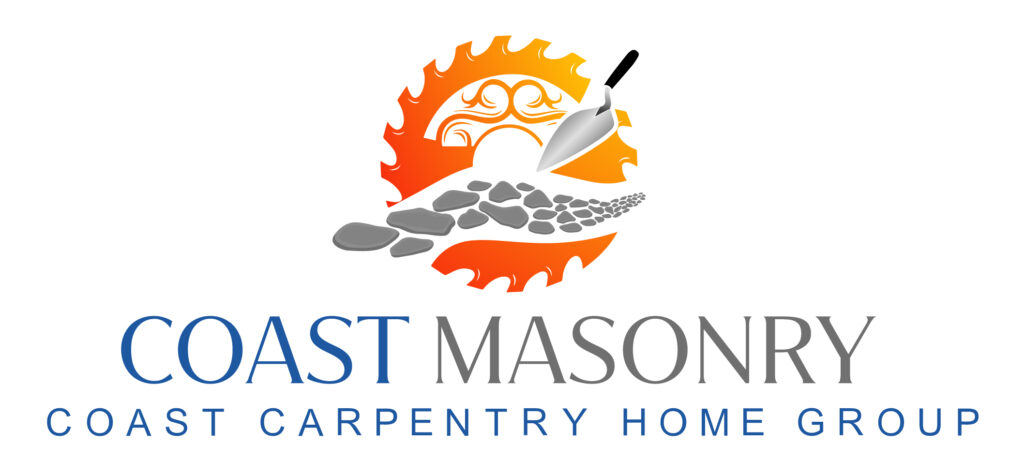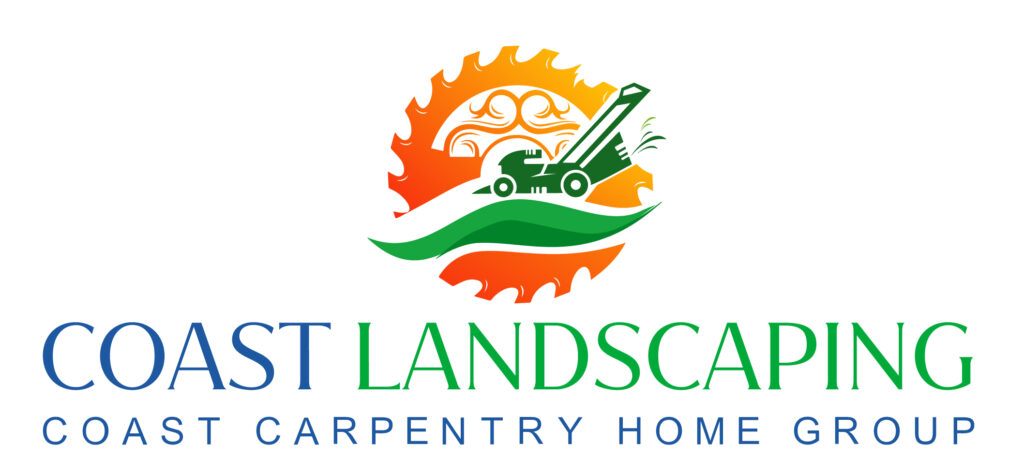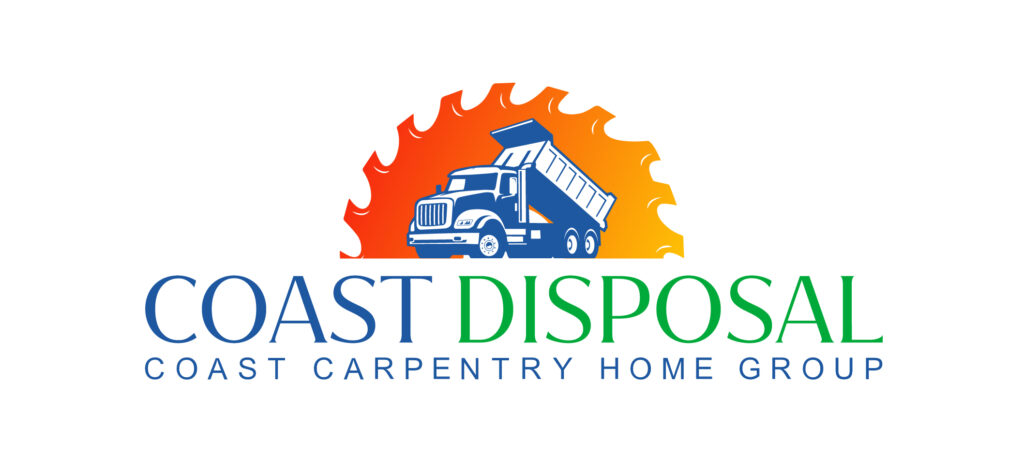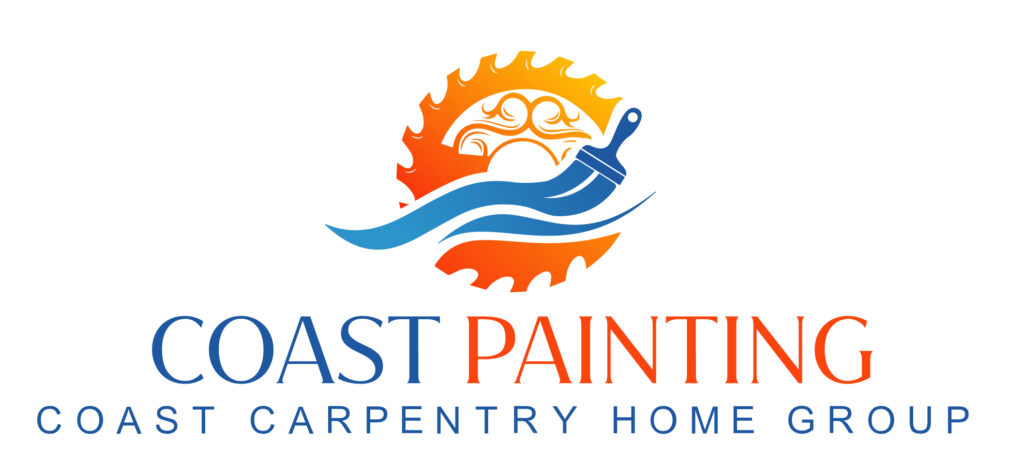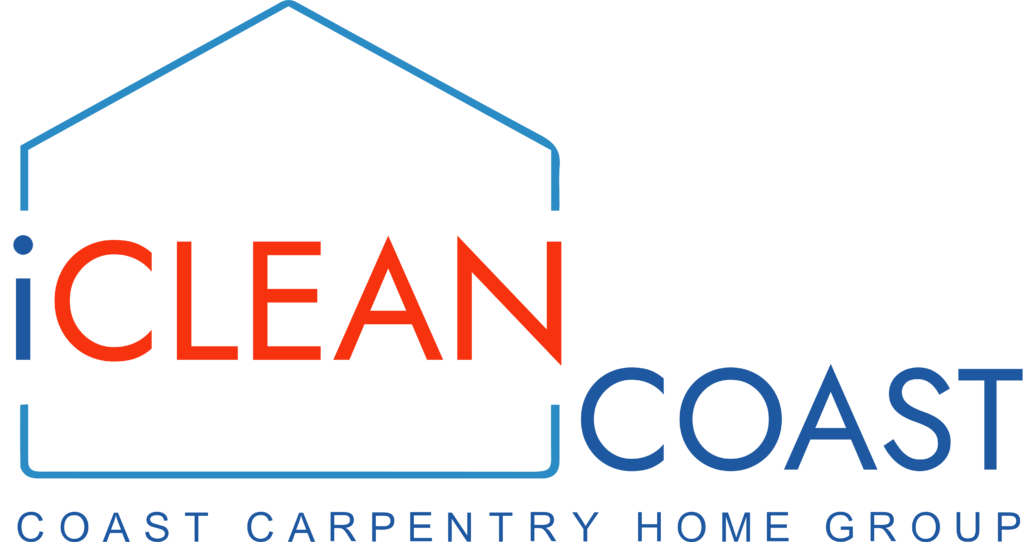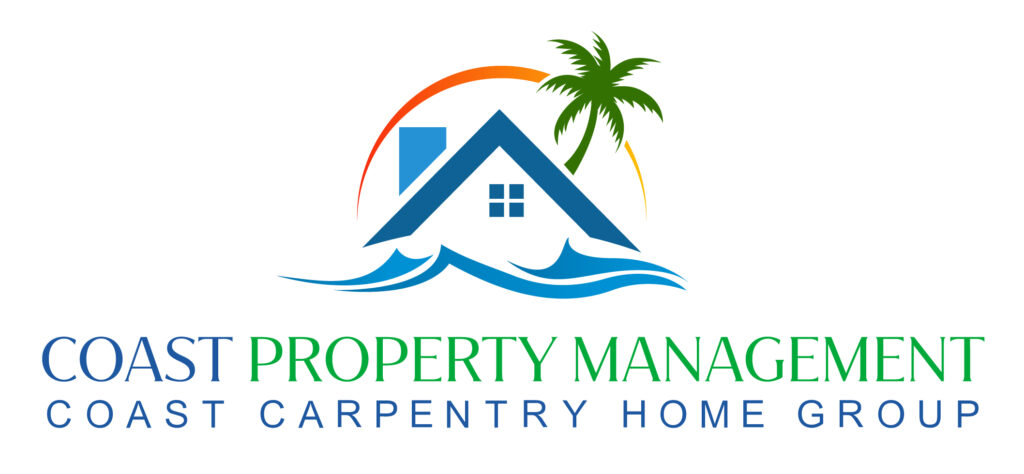Living in a coastal area like Cape Cod means dealing with harsh weather conditions. Strong winds, salty air, and heavy rain can all take a toll on your home. One of the most important parts of your house to protect is the roof. Choosing the right roofing material is essential for keeping your home safe and secure.
Traditional roofing materials like asphalt shingles might not always be the best option for coastal weather. They can wear out quickly and might not offer the protection you need. Fortunately, there are other, non-traditional roofing materials that are better suited for these conditions. These options not only provide better durability but also offer unique benefits such as energy efficiency and eco-friendliness.
In this article, we will explore different types of non-traditional roofing materials that are suitable for coastal weather. We will look at metal roofing, synthetic slate, rubber roofing, and solar shingles. Each of these materials has its own advantages and can be a great choice for your home in Cape Cod. Understanding these options will help you make an informed decision when it’s time to replace or upgrade your roof.
Metal Roofing: Durability and Style
Metal roofing is an excellent choice for coastal areas like Cape Cod. It is known for its durability and long lifespan. Unlike traditional roofing materials, metal roofs can withstand strong winds, heavy rain, and salty air without deteriorating.
Benefits of Metal Roofing:
– Durability: Metal roofs can last up to 50 years or more with proper maintenance. They resist rust, corrosion, and impact damage, making them ideal for harsh coastal weather.
– Style Options: Available in various styles and colors, metal roofing can mimic the look of traditional shingles, tiles, or even wood shakes. This allows you to maintain the aesthetic appeal of your home while enjoying the benefits of metal.
– Low Maintenance: Metal roofs require minimal upkeep. They do not crack, warp, or rot, which means less hassle for homeowners.
Installation and Cost:
– While the initial cost of metal roofing can be higher than traditional materials, the long-term savings are significant. Metal roofs reduce the need for frequent repairs and often come with extensive warranties.
– Professional installation is crucial for ensuring the roof is properly secured and sealed. This helps prevent leaks and enhances the roof’s overall performance.
Choosing metal roofing means investing in a durable, stylish, and low-maintenance option that will protect your home from the unpredictable coastal weather.
Synthetic Slate: A Modern Alternative
Synthetic slate roofing is another fantastic option for coastal homes. Made from a combination of plastic and rubber, synthetic slate tiles offer the elegance of natural slate without the high cost and weight.
Benefits of Synthetic Slate:
– Aesthetic Appeal: Synthetic slate mimics the look of natural slate, providing an elegant and timeless appearance. It is available in various colors and styles to match your home’s design.
– Durability: These tiles are engineered to be highly durable and resistant to extreme weather conditions. They do not crack or chip easily and withstand strong winds and heavy rain common in coastal areas.
– Lightweight: Unlike natural slate, synthetic slate tiles are much lighter. This reduces the structural load on your home, making installation easier and often less expensive.
Eco-Friendly:
– Many synthetic slate tiles are made from recycled materials, making them an environmentally friendly choice. This helps reduce waste and conserves natural resources.
Installation and Cost:
– The installation process for synthetic slate is simpler compared to natural slate. The tiles can be cut with standard tools and do not require special reinforcement for the roof structure.
– Although synthetic slate can be more expensive than asphalt shingles, its durability and low maintenance needs make it a cost-effective option over time.
Opting for synthetic slate provides the beauty and sophistication of natural slate with added benefits of reduced weight and increased durability. It’s a modern, eco-friendly alternative perfect for coastal climates.
Rubber Roofing: Eco-Friendly and Resilient
Rubber roofing, also known as EPDM (ethylene propylene diene terpolymer), is a versatile and durable option for coastal homes. It is renowned for its resilience in extreme weather conditions and environmental benefits.
Benefits of Rubber Roofing:
– Durability: Rubber roofs can last up to 50 years with minimal maintenance. They can withstand heavy rain, strong winds, and exposure to salty air without deteriorating.
– Flexibility: The material is highly flexible, making it ideal for roofs with unusual shapes or designs. It can expand and contract without cracking, which is beneficial in fluctuating temperatures.
– Waterproof: Rubber roofing provides excellent waterproofing, helping to prevent leaks and water damage. This is especially crucial for homes in areas with heavy rainfall.
Eco-Friendly:
– Rubber roofing is often made from recycled materials, making it a green choice. This not only reduces waste but also conserves natural resources.
– At the end of their lifespan, rubber roofs can be recycled, further reducing their environmental impact.
Cost and Installation:
– Rubber roofing is relatively easy to install and repair, which can help lower labor costs. The material comes in large sheets, reducing the number of seams and potential leak points.
– While the initial cost may be higher than asphalt shingles, the long-term durability and low maintenance of rubber roofing can result in overall cost savings.
Choosing rubber roofing ensures you have a resilient and eco-friendly roof that stands up to the demands of coastal weather. It’s a smart and sustainable option for homeowners looking to reduce their environmental footprint.
Solar Shingles: Energy-Efficient Choice
Solar shingles are a modern roofing option that combines energy generation with traditional roofing functions. These shingles look like regular roof tiles but have built-in solar cells that convert sunlight into electricity.
Benefits of Solar Shingles:
– Energy Efficiency: Solar shingles generate electricity, reducing your reliance on the grid. This can lead to significant savings on energy bills over time.
– Aesthetic Appeal: Unlike bulky solar panels, solar shingles blend seamlessly with your roof’s design. They provide a clean, modern look while offering additional functionality.
– Durability: Made from strong materials like tempered glass, solar shingles are built to withstand harsh weather conditions, including strong winds and heavy rain.
Environmental Impact:
– Solar shingles provide a renewable energy source, reducing your home’s carbon footprint. By generating clean electricity, you contribute to lowering greenhouse gas emissions.
– They reduce the need for fossil fuels, promoting sustainable energy practices.
Installation and Cost:
– Installing solar shingles can be more complex and costly than traditional roofing options. However, the investment is often offset by the energy savings and potential government incentives for using renewable energy.
– Partnering with a professional installer is crucial to ensure that the shingles are installed correctly for optimal performance and durability.
Solar shingles are an innovative option for those looking to combine roof protection with energy efficiency. They harness the power of the sun to keep your home powered and protected.
Conclusion
Choosing the right roofing material is vital for homes in coastal areas like Cape Cod. Non-traditional materials like metal roofing, synthetic slate, rubber roofing, and solar shingles offer unique benefits that make them suitable for harsh coastal weather. Each of these options provides durability, aesthetic appeal, and in some cases, energy efficiency and environmental benefits.
Metal roofing stands out for its strength and style, suitable for homes needing resilient yet attractive roofing. Synthetic slate offers a modern twist on traditional slate without the heavy weight, making it a practical choice. Rubber roofing combines eco-friendliness with resilience, ensuring long-term protection and sustainability. Solar shingles present an innovative solution by generating renewable energy while seamlessly integrating with your roof’s design.
Considering these options can help you choose the roofing material that best fits your needs and preferences. By opting for one of these non-traditional materials, you invest in a roof that can withstand the challenges of coastal weather while also adding value to your home.
For expert advice and professional installation, contact Coast Carpentry Construction. Our roofing contractor is dedicated to helping you find the best roofing solution for your home. Reach out today to learn more and schedule your consultation.
